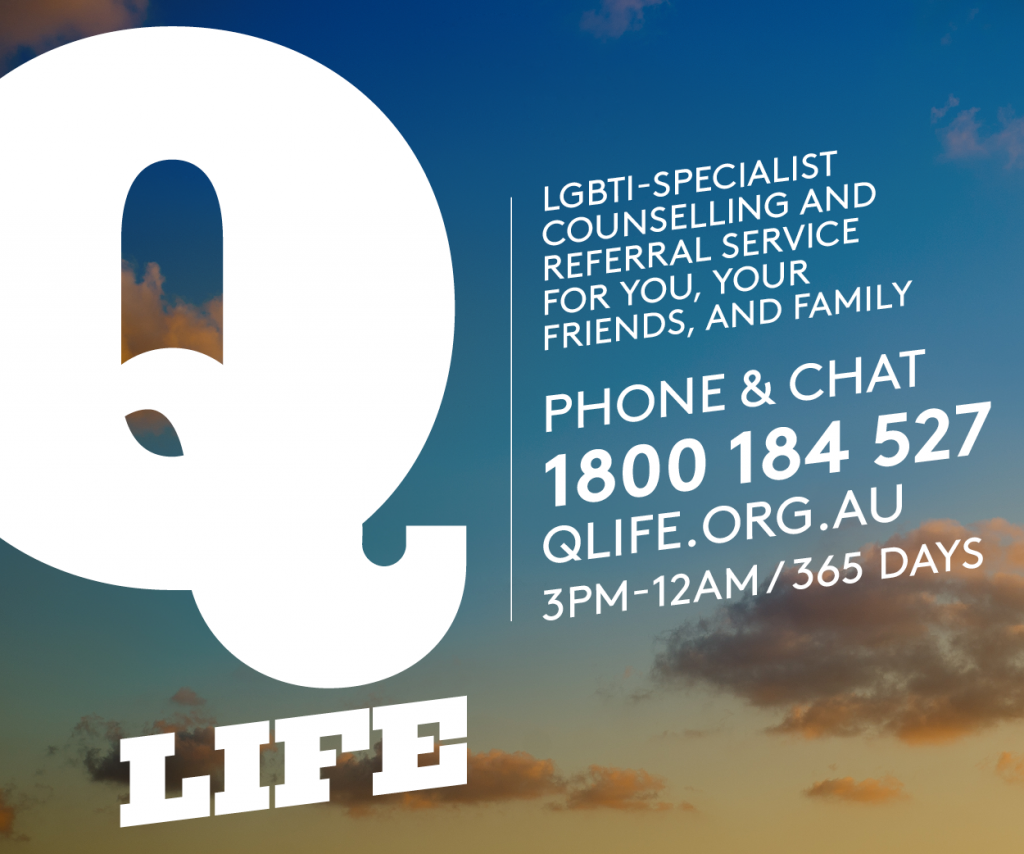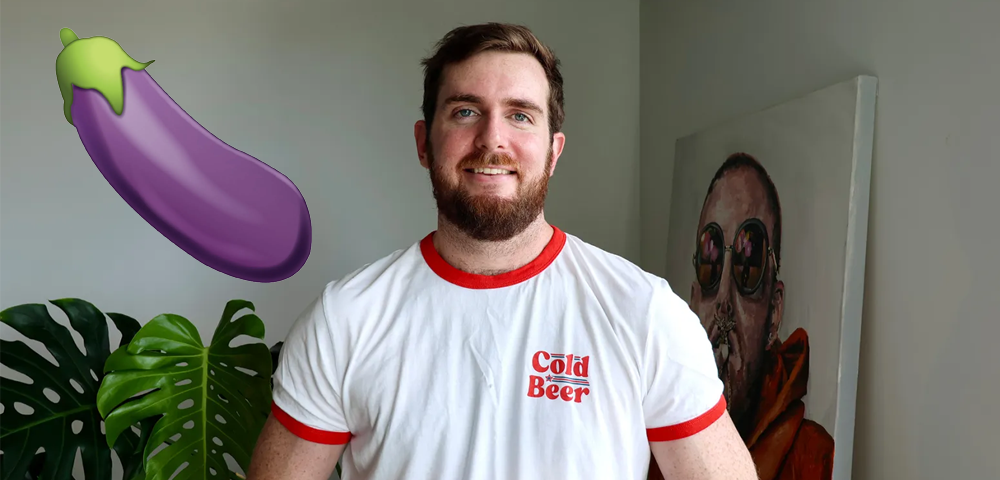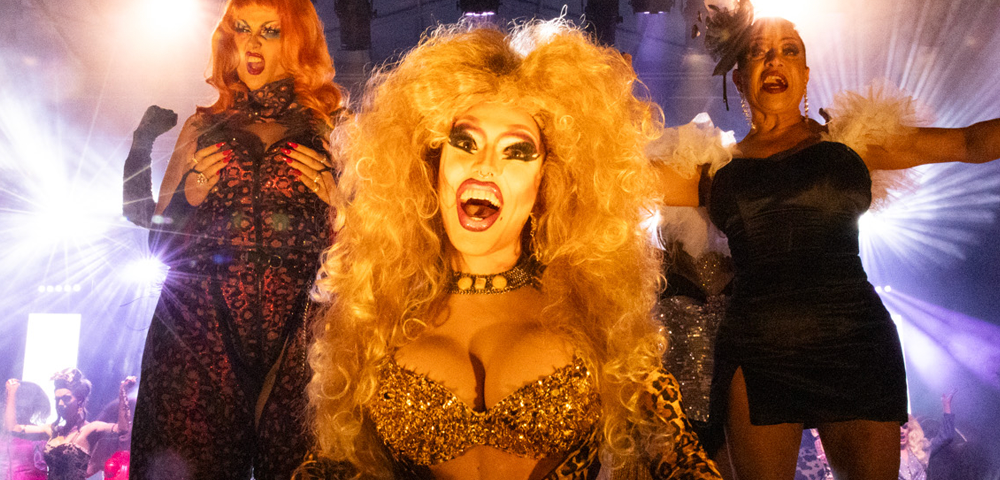
Looking after ourselves and each other: the LGBTI community over Christmas

Whether or not Christmas is important to you, it’s pretty impossible to ignore.
Some people love everything about this time of year, and others dread it. Whatever your outlook, it’s likely to be an intensive time of social activity, financial demand, and juggling multiple expectations.
So – how do we look after ourselves and each other?
 The images of the Christmas season often show happy, shiny scenes of family, fun and food! Presents, harmony, laughter.
The images of the Christmas season often show happy, shiny scenes of family, fun and food! Presents, harmony, laughter.
But for many LGBTIQ people the reality of Christmas and new year can be very different.
What if you are not ‘out’ around family and are invisible in many conversations? Or if you have to carefully monitor what you say about LGBTIQ topics?
How do you handle being invited solo even when you are in a relationship, when others have their heterosexual partners invited? Or, as a transgender person, what if your requests to use your chosen name, or preferred pronouns, are ignored or ridiculed?
At QLife, we hear that this time of year can bring up painful feelings. These may be related to family conflict or where other disappointments feel even stronger, such as a lack of family or friends to rely on, or questioning relationships.
Money pressures can go up, with expectations to buy presents, provide food and drinks, or shout rounds at the pub.
For people avoiding alcohol, drugs and/or cigarettes, increased social activities can be testing.
People who are shy, or struggling with mental or physical illness, or other big events like a break-up or job loss may just not feel able to keep up with social demands.
It’s been a tough few months for many of us, with the postal survey and public debates about marriage equality and LGBTIQ rights. As Christmas and New Year approach, weighing up who to be with and how to feel safe are important steps in taking care of ourselves and each other.
So – what are some of the ways to get through all this?
. Being selective, or finding compromises might be possible, such as limiting how many events you can go to, or finding ways to build in support during and after events that may feel difficult.
. For some, opting out of traditional Christmas or new year activities is a possibility, creating the sort of day you would like, whether on your own, with friends or with chosen family.
. Consider telling family you are choosing a ‘different Christmas’, or explore introducing some boundaries such as “I/we can come on Christmas eve, but have other plans on Christmas day”. It might not deal with the root of the problem, but it might be a break, especially if you’re not feeling in a good place for difficult conversations.
. Volunteering can be a way to focus on helping others such as delivering meals or hampers for people who are homeless or in poverty, or visiting people in hospital or aged care.
Look for gatherings organised by LGBTIQ related community groups or amongst friends, or even organise one yourself.
. Check in with each other – it’s a time to call upon our LGBTIQ friends and allies, share common experiences, and find ways to support each other.
If you are struggling, feeling really alone or distressed, please let someone know. It may be a trusted friend, a counsellor or GP, or a phone and online support service. Talking it out can help.
QLife is free and anonymous LGBTI counselling and referral by peer counsellors, 3pm to midnight, every day of the year across Australia.
Phone: 1800 184 527 or Webchat: qlife.org.au
For 24/7 support: Lifeline: 13 11 14 or beyondblue: 1300 22 4636
If you are a health worker you may benefit from the online QLife Guides for Health Practitioners, specifically for those working with LGBTI people, with topics such as Families, Coming Out, Self-Worth, and Relationships.









